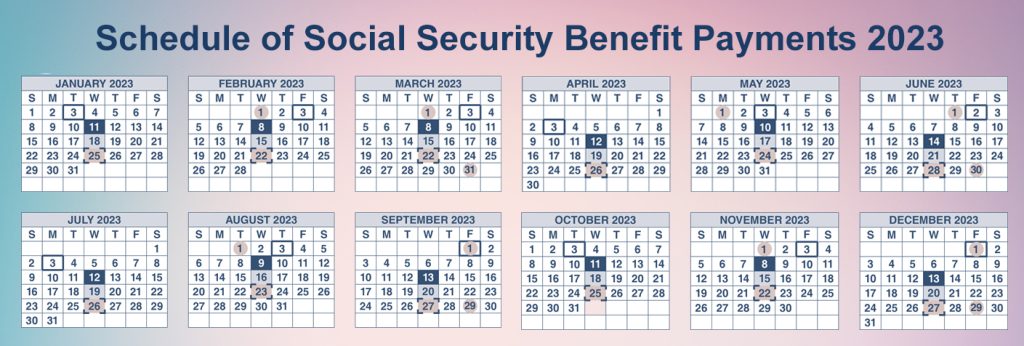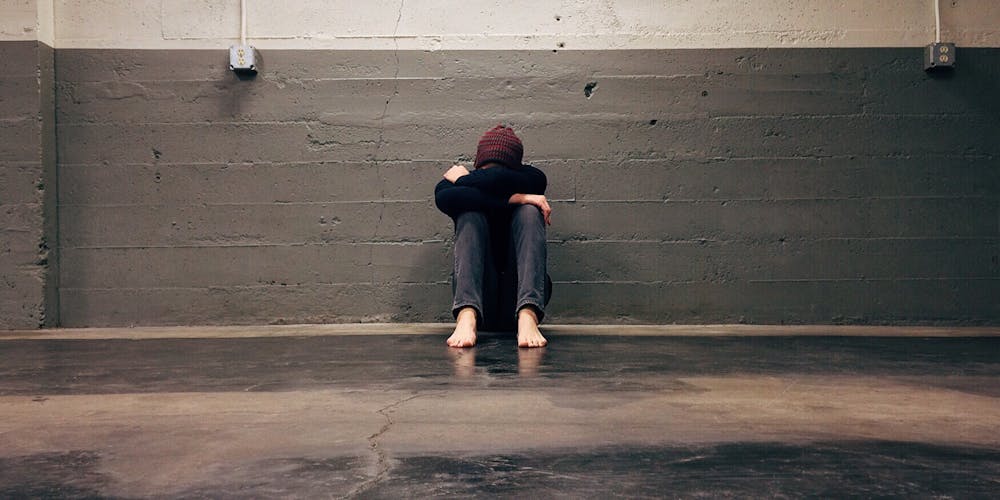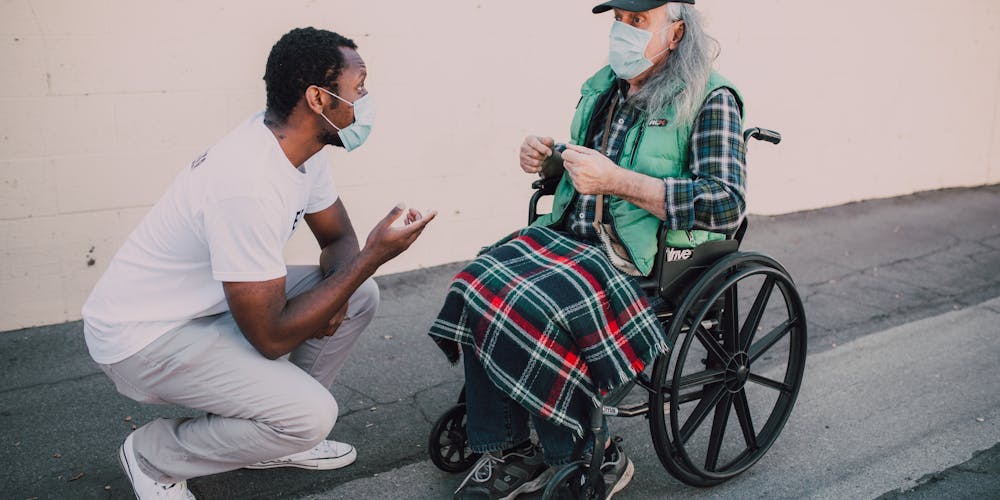Supplemental Security Income program that provides financial assistance to individuals with limited income and resources who are blind, disabled, or elderly. Because The purpose of the monthly SSI benefit payment is to provide program beneficiaries with the money they need for food, shelter, and other basic necessities.
The Social Security Administration administers the SSI program, which makes it responsible for getting SSI checks into the hands of SSI beneficiaries each month. If you are among the recipients of SSI, you need to know when your benefit payment will be available to buy food and pay for housing.
This article explains how the SSI program works and the process Social Security relies upon to issue payments to SSI beneficiaries. It will help you to plan ahead by telling you when will SSI checks be deposited for May 2023, including information about what can affect the date on which some recipients receive their SSI benefits.
If you have questions about your Social Security disability benefits, you’ll find answers at the Clauson Law Firm, PLLC. It’s also where you’ll find skilled and experienced representation to resolve issues with your SSI or Social Security Disability Insurance benefits that may delay or otherwise affect your disability benefits.
Payment Schedule For Social Security Disability Benefits
If the only SSD benefits you receive are through SSI, the payment to your bank or debit card, depending on the payment method you selected, is made on the first day of the month. However, if the first day of a month falls on a weekend or a federal holiday, the payment is made on the weekday immediately prior to it.

For example, May 1, 2023, is not a holiday; it falls on a Monday, so that is the day that Social Security processes your SSI payment. However, the payment for April would have been processed this year on March 31. The reason is that April 1, 2023, falls on a Saturday, so Social Security processed the payment on the prior weekday, Friday, March 31, 2023.
What Happens When A Person Qualifies For Both SSI And SSDI?
A person may be eligible for payments through SSI and also through SSDI. SSDI benefits are usually paid on the same day of each month based on the recipient’s birth date as follows:
- Payment is on the Second Wednesday of each month for people born on the first through the 10th day of the month.
- Payment is on the third Wednesday of each month for people born on the 11th through the 20th day of the month.
- Payment is on the fourth Wednesday of each month for people born on the 21st through the 31st day of the month.
Things change, though, when someone is eligible to receive benefits through SSI and SSDI simultaneously. When that happens, the SSI payment is processed on the first of the month with the same exception in place for months when the first falls on a weekend or a federal holiday. However, their SSDI benefits are processed on the third day of the month, regardless of the recipient’s date of birth.
Individuals receiving Social Security benefits through the work record of a parent or spouse will receive them on the Wednesday of the month based on the primary beneficiary’s birth date. Processing of payments is not based on the birth date of the person receiving the payment.
If all of this leaves you confused and wondering when to expect your disability benefits through SSI and SSDI, you can have it explained to you by someone at the Social Security Administration online or by contacting them by telephone. Factors that could result in a delay in the processing of your payment or in a change in the amount that you receive include:
- Failing to keep Social Security updated about changes in your income or the address where you live. Moving to another state or earning income from a job may affect the amount of the monthly benefit that you are entitled to receive.
- Changing banks without notifying Social Security could result in attempts made to send your SSI payment to a closed account at your old bank.
- Failing to elect a payment method when first qualifying for SSI benefits.
If you need assistance with your SSI benefit, help is available at the Clauson Law Firm.
Payment Methods Used By The Social Security Administration
The days of receiving a check in the mail from the Social Security Administration are gone. Federal law now limits the processing and payment of SSDI and SSI benefits to only two methods: Direct deposit into a beneficiary’s account at a bank or deposit of the funds to a Direct Express Debit Mastercard. Both methods electronically transfer the funds you are entitled to receive to eliminate the risk of lost or stolen checks that cause long delays until replacement payments can be processed.
When you apply for SSI or SSDI, you will be asked to select a payment method. After that, you must notify Social Security if you ever change banks or close the account you originally gave it.
Differences Between SSI And SSDI
When recipients receive their monthly benefit payments is only one of the differences between SSI and SSDI. SSI eligibility is based on need, so income and resource limits exist. This is different than what you find with the SSDI program.
SSDI eligibility does not have income or resource limits. What it does have is a requirement that you have a long enough work record at jobs or through self-employment and paid into the Social Security retirement system through the taxes paid on the income you earned.
SSI benefits are a pre-set amount that changes annually depending on the cost of living. For 2023, the maximum monthly benefit for individual recipients of SSI is $934 per month. Couples may receive up to $1,391 in monthly SSI benefits.
The SSDI program is part of the Social Security retirement system. Your monthly SSDI benefit is determined by a formula based on your lifetime earnings subject to payment of Social Security payroll taxes. There is no pre-determined benefit amount for SSDI as there is for SSI, but the average SSDI benefit in 2023 is $1,483. The maximum monthly benefit that a disabled worker may receive in 2023 is $3,627, regardless of their earnings record.
If you qualify for SSI benefits, the amount that you receive may be less than the monthly maximum benefit of $934 based on other income that you have available to you. For example, if a person qualifies for SSI has a part-time job, and earns $240 per month, it may affect their monthly SSI payment. However, not all income counts.
An earned income exclusion of $65 per month can be used to reduce the amount of monthly income, so the $241 earned becomes $176. An unearned income exclusion of $20 may be applied, as well, to reduce the $176 to $156. Of the remaining earned income, one-half of it can be excluded, so only $78 of the monthly income from a part-time job counts toward reducing the monthly SSI payment from $934 to $856.
If you have infrequently earned income or earnings that you do not receive on a regular basis, you may be entitled to an additional $30 exclusion. Talk to a disability lawyer at the Clauson Law Firm about the income you receive because there are other exclusions that may apply to your situation to reduce the effect on your monthly SSI benefit payment.
What Happens If You Don’t Receive Your Disability Benefits Payment?
Depending on the policies at your bank, disability benefits deposited into your account may not be immediately available to you. When opening an account at a bank, ask how long it takes before disability benefits deposited into it are available to you. If the bank has a policy that delays access to the money, check with other banks in your area to find one that gives you immediate access or access by the next business day after the money reaches your account.
If SSI checks do not arrive at your bank or on your Direct Express Debit Card, it may be due to processing delays caused by severe weather or other reasons affecting all recipients or recipients in certain parts of the country. Contact the Social Security Administration by telephone or by going to its website for information about the delay.
Contacting Social Security may reveal that a delayed payment is the result of an issue with your claim. The delay could be caused by moving or changing banks without notifying the Social Security Administration or because your claim is under continuing eligibility review.
Contact A Disability Lawyer
Questions and concerns about the status of your SSI benefits should be discussed by a disability lawyer at the Clauson Law Firm who can help resolve issues standing in the way of you receiving your benefits. Contact them today for a free consultation.


